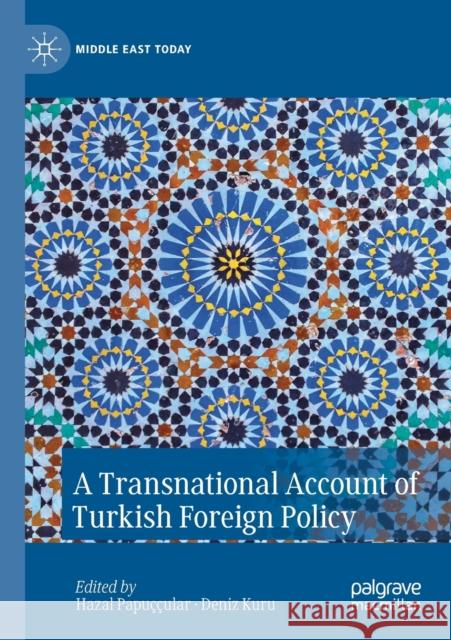A Transnational Account of Turkish Foreign Policy » książka
topmenu
A Transnational Account of Turkish Foreign Policy
ISBN-13: 9783030428990 / Angielski / Miękka / 2021 / 297 str.
A Transnational Account of Turkish Foreign Policy
ISBN-13: 9783030428990 / Angielski / Miękka / 2021 / 297 str.
cena 322,01
(netto: 306,68 VAT: 5%)
Najniższa cena z 30 dni: 308,41
(netto: 306,68 VAT: 5%)
Najniższa cena z 30 dni: 308,41
Termin realizacji zamówienia:
ok. 22 dni roboczych.
ok. 22 dni roboczych.
Darmowa dostawa!
Kategorie BISAC:
Wydawca:
Palgrave MacMillan
Seria wydawnicza:
Język:
Angielski
ISBN-13:
9783030428990
Rok wydania:
2021
Wydanie:
2020
Numer serii:
000412774
Ilość stron:
297
Waga:
0.37 kg
Wymiary:
21.01 x 14.81 x 1.68
Oprawa:
Miękka
Wolumenów:
01
Dodatkowe informacje:
Wydanie ilustrowane











